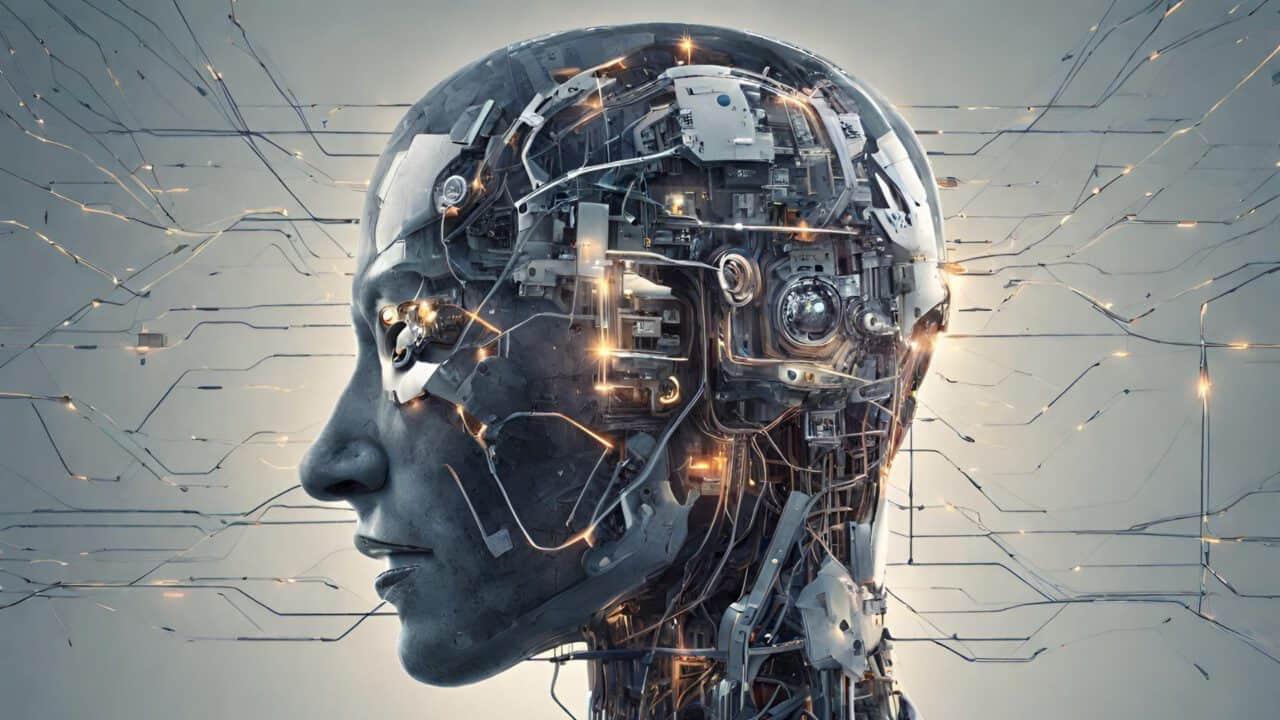Cairo
Source: Al-Wafd Newspaper
Prof. Dr. Ali Mohammed Al-Khouri
Many countries have adopted artificial intelligence (AI) technologies in law enforcement to enhance crime-fighting efficiency and improve police operations. These technologies analyze massive amounts of data to extract patterns that help predict crime-prone areas and identify suspects using technologies such as facial recognition and video analysis.
One of the key benefits of these technologies is the ability to anticipate crimes before they occur, such as using AI to predict areas likely to witness criminal activity. This type of “predictive policing” relies on machine learning algorithms, which use data such as criminal records and demographic information to analyze past patterns, enabling police forces to focus on areas that require additional patrols.
These systems are also used to identify suspects using facial recognition, which compares images of people in public places with a database of suspects. This technology has proven effective in speeding up arrests, but it has raised human rights concerns related to privacy and potential abuses.
Despite the significant benefits of these systems, there are ethical challenges associated with the use of AI in criminal justice. The most significant of these challenges is the potential bias that may result from training algorithms on unbalanced data, potentially leading to unfair decisions against certain population groups. This raises concerns about discrimination and fairness in law enforcement, especially if historical data containing racial or social biases is relied upon.
The lack of transparency in how AI decisions are made is also a major concern, as it can make it difficult to interpret erroneous decisions or potential biases. Furthermore, the use of intelligent surveillance technologies such as facial recognition raises questions about individuals’ right to privacy and the potential for misuse of these tools for mass surveillance.
Amid rapid global technological advancement and adoption, countries and societies must ask: To what extent can we rely on AI in law enforcement without compromising fundamental values of fairness and privacy? The bigger question here is not just how efficient these technologies are, but how we can preserve our humanity and ethics in a world governed by algorithms.












